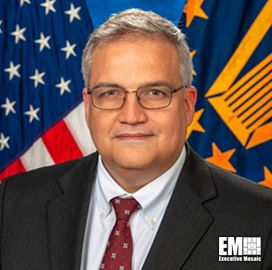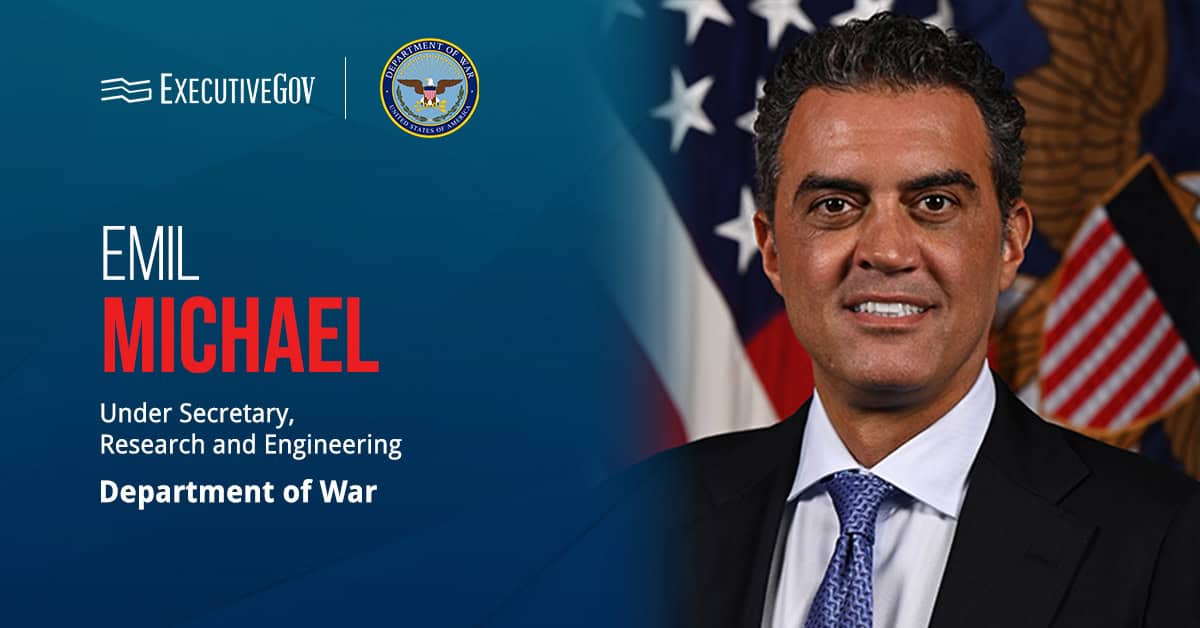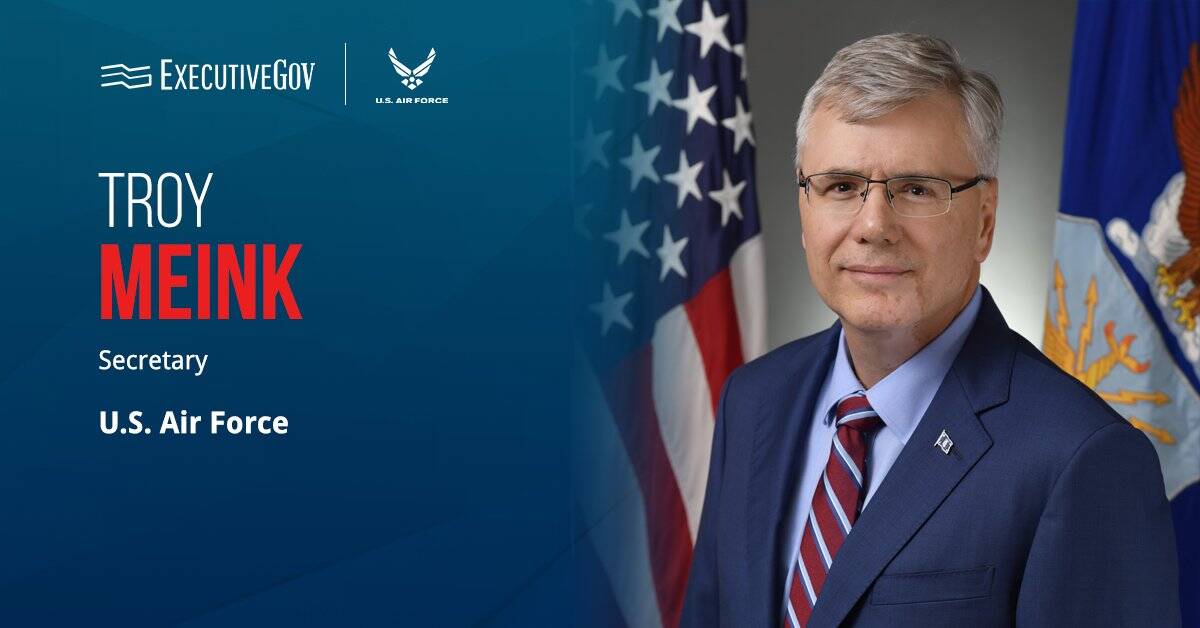The Department of Veterans Affairs (VA) is planning to roll out a tokens-based approach to user authentication as the department continues to implement telework operations.
Paul Cunningham, chief information security officer at the VA, said at a CyberScoop event that the VA has fully implemented multifactor authentication and is looking into “bump and go” authentication techniques that involve physical credentialing through tokens, FedScoop reported Thursday.
According to Cunningham, the VA has been using multifactor authentication for years and is now assessing the feasibility of using the approach for medical visits and pharmaceutical requests for added security.
“To the greatest extent possible, we want to use multi-factor authentication,” he noted. “Anything to [bring] the risk posture down … is going to be a good thing.”





